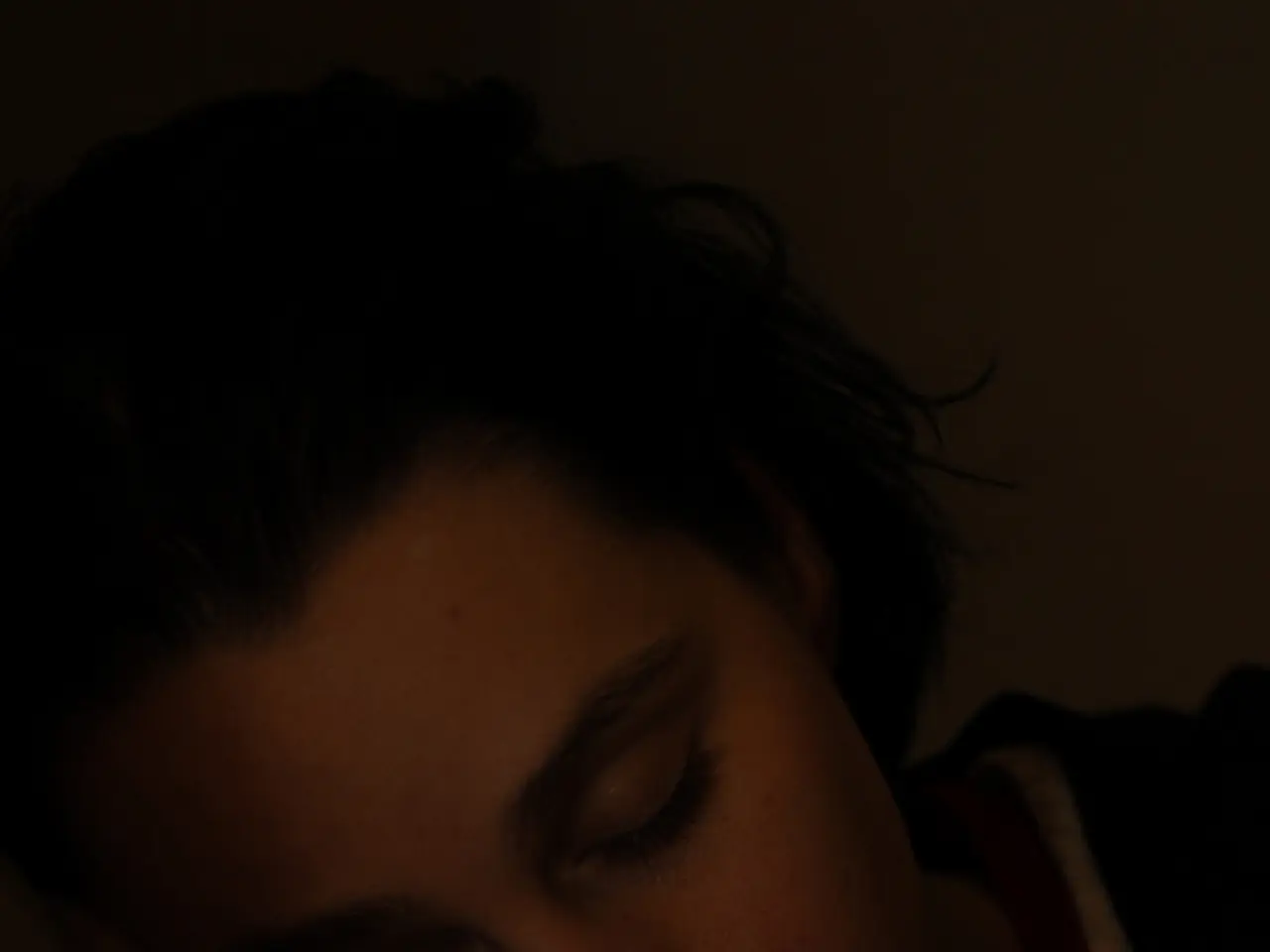Sleep disturbances and bipolar disorder: Is there a connection?
Bipolar disorder, a mental health condition characterized by extreme mood swings, is closely linked to disruptions in circadian rhythms and sleep disturbances. These disruptions can contribute to the severity of mood episodes and complicate treatment outcomes.
People with bipolar disorder often experience sleep problems, such as difficulties in falling asleep, maintaining sleep, or shifts in sleep timing. These issues reflect underlying circadian misalignment and can worsen manic and depressive symptoms, hindering recovery and predicting mood episode recurrence.
During manic episodes, individuals may feel a decreased need for sleep and go days with little to no sleep without feeling tired. Conversely, during depressive episodes, people may sleep excessively or have difficulty sleeping.
The circadian rhythm, which regulates sleep-wake cycles, body temperature changes, hormone levels, and more, is disrupted by bipolar disorder. This internal misalignment correlates with more severe mood symptoms, particularly depression.
Sleep problems in bipolar disorder may serve as important biomarkers. Poor sleep contributes to worsening mania and depressive symptoms, while improving sleep quality has been linked to reductions in manic symptoms.
Addressing circadian and sleep disturbances is critical in bipolar disorder treatment. Therapeutic approaches like cognitive behavioral therapy tailored for chronotype, light therapy, sleep phase shifting, and mindfulness-based therapies show promise in improving both circadian regulation and mood symptoms.
Failure to manage sleep and circadian disruption can lead to poorer treatment outcomes, increased symptom severity, and higher relapse risk. People with sleep issues were 45% less likely to have sustained responses to bipolar disorder treatment over 6 months than people without sleep issues.
Changes in the circadian rhythm may be due to genetic changes or damage to the part of the brain that regulates these cycles. People considered high risk for bipolar disorder are prone to experiencing sleep disturbances and have more daytime sleepiness.
Using cognitive behavioral therapy for insomnia (CBT-I) in people with bipolar disorder can help reduce the likelihood of mood episodes and improve sleep quality. Certain sleep issues, such as nightmare disorders, have been found to increase the likelihood of suicide in adolescents with bipolar disorder.
People with genetic features that may predispose them to insomnia are approximately more likely to develop bipolar disorder than those without the genetic elements. Mindfulness could be a helpful way to encourage sleep in people living with bipolar disorder.
Interpersonal and social rhythm therapy (IPSRT), family therapy, and psychoeducation may also improve sleep in people with bipolar disorder. Doctors may recommend medical sleep aids, such as hypnotics, for insomnia in some people with bipolar disorder. A doctor or psychiatrist can help identify resources to help improve sleep that are compatible with a person's treatment plan.
In conclusion, bipolar disorder, circadian cycle abnormalities, and sleep disturbances are interdependent. Targeting sleep and circadian rhythms is essential for effective bipolar disorder management.
- The correlation between bipolar disorder and sleep disturbances extends to mental health, as poor sleep contributes to worsening manic and depressive symptoms and hinders recovery.
- Addressing sleep and circadian disruptions is vital in bipolar disorder treatment, with therapies like cognitive behavioral therapy, light therapy, and mindfulness-based therapies showing promise in improving both sleep quality and mood symptoms.
- In the realm of health-and-wellness, managing sleep and circadian disruption can lead to better treatment outcomes, reduced symptom severity, and decreased relapse risk for individuals with bipolar disorder.





